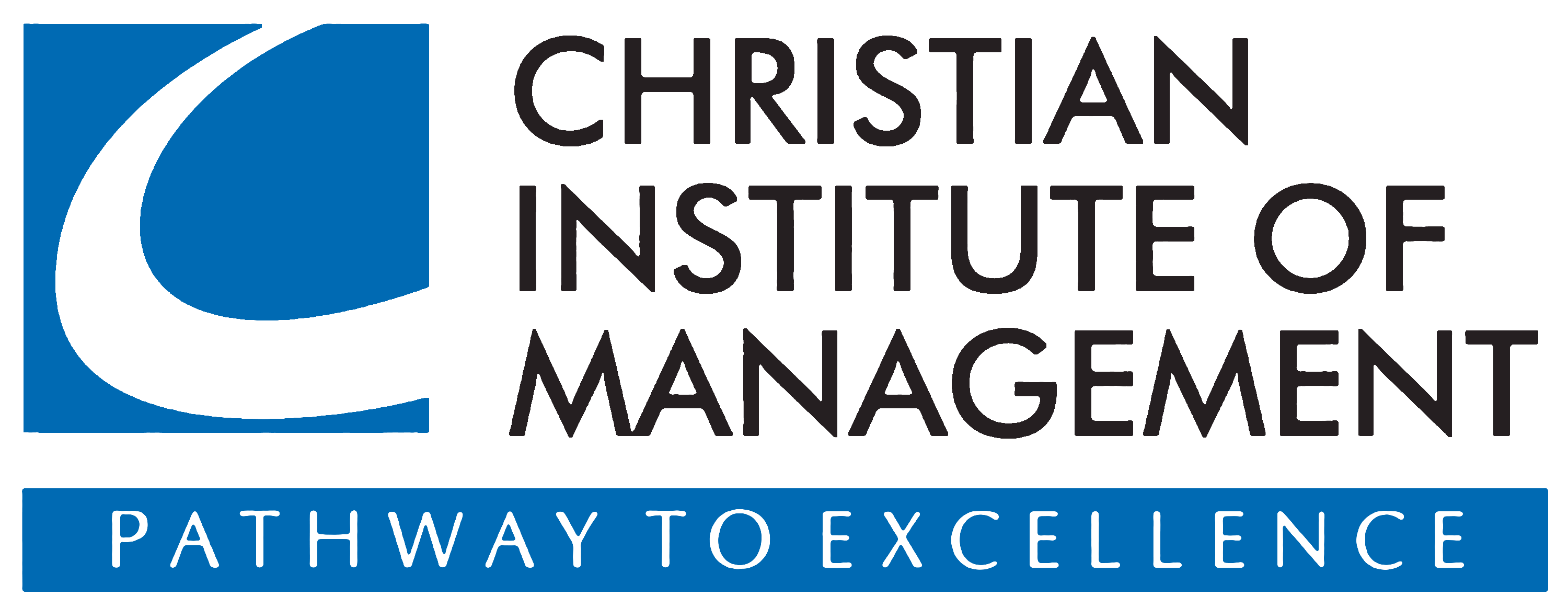A Vision for Conscious Capitalism: Dr. Mercia at the ASSOCHAM Conference
- onlinecourses14
- Jul 23
- 3 min read
Updated: Jul 24
On 20 June 2025, over 300 leaders—including government officials, corporate titans, esteemed academics, and passionate civil society leaders—gathered for the 6th Edition ASSOCHAM Southern Region CSR & Sustainability Conference & Awards. The hall in Hyderabad pulsed with a shared commitment to "Viksit Bharat 2047: People, Planet, and Prosperity."
Among the distinguished panellists for the "Prosperity through Responsible Capitalism" session was Dr. Mercia Justin, the Director of Management Programmes, Research and Publications at CIM. Known for her passionate advocacy of Conscious Capitalism, she was ready to offer a fresh perspective on how business could truly uplift society.

When the moderator invited her to comment on Conscious Capitalism, Dr. Mercia smiled. "Friends, colleagues," she began, "we often hear that the sole purpose of business is profit. But what if I told you that business can be, and indeed should be, a profound force for good? A gateway to not just corporate success, but to genuine societal prosperity?"

She then outlined the philosophy, a framework championed by visionaries like John Mackey and Raj Sisodia. "Conscious Capitalism," she explained, "rests on four interconnected pillars, each vital to building a business that thrives by serving all."
"First," she continued, "is Higher Purpose. Beyond the balance sheet, every business has a soul, a compelling reason for its existence. When profit becomes a means to achieving a greater good—be it environmental restoration like Patagonia or eliminating waste like Interface's 'Mission Zero'—it ignites an incredible energy. This isn't just about 'doing good'; it's about unlocking innovation, fostering deep loyalty, and building enterprises that are not only resilient but truly inspiring."
Dr. Mercia went on, engaging her audience, "Next, we have Stakeholder Orientation. Imagine a business not as a solitary entity, but as a vibrant ecosystem. Customers, employees, suppliers, the community, our planet—all are interconnected. A conscious business seeks 'win-win' solutions. When we treat our employees with respect, offer fair wages, and foster a positive environment, we see greater productivity and unwavering dedication. When we forge transparent, mutually beneficial relationships with our suppliers, the entire supply chain strengthens. By valuing every part of this ecosystem, we build healthier, more robust businesses that contribute to shared prosperity, not just isolated gains."
With the idea of treating your neighbour as yourself, she emphasised that the ‘Golden Rule’ is about conducting business with unwavering integrity, treating every individual—from the newest intern to the most senior executive, the smallest supplier to the largest customer—with fairness and equity.
She then discussed ‘Conscious Leadership’—leaders driven by service to their company's purpose and its people, not by ego or personal gain. They are mentors, motivators, and inspirers. These are people who understand the web of interdependencies and make decisions considering the long-term well-being of the entire system. This leadership style cultivates an ethos of care and responsibility throughout the organisation, transcending traditional command-and-control mentalities.
"And finally," she concluded, "a Conscious Culture. This is the very fabric of a conscious business—woven with values like trust, authenticity, caring, transparency, integrity, learning, and empowerment. It's a place where employees feel valued, can grow, and are encouraged to contribute their full potential. This culture isn't just a morale booster; it fuels innovation, builds resilience against challenges, and cultivates unwavering brand loyalty."
Dr. Mercia had shown that Conscious Capitalism was not an act of charity, but a fundamental, powerful reimagining of how business could operate, demonstrating that doing good and doing well were not merely compatible, but intrinsically linked, paving the way for a truly just, sustainable, and prosperous world. Her words resonated, leaving the audience with a renewed sense of purpose and the conviction that business, indeed, held the key to a better future. Her involvement in the ASSOCHAM conference reflected CIM’s vision to encourage societal well-being for national growth.
